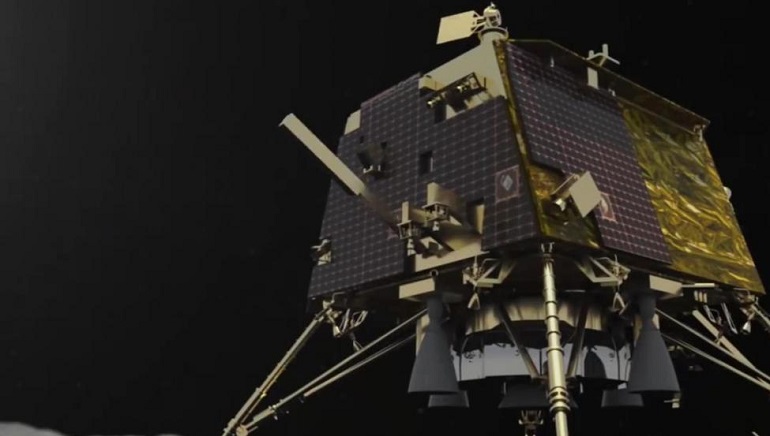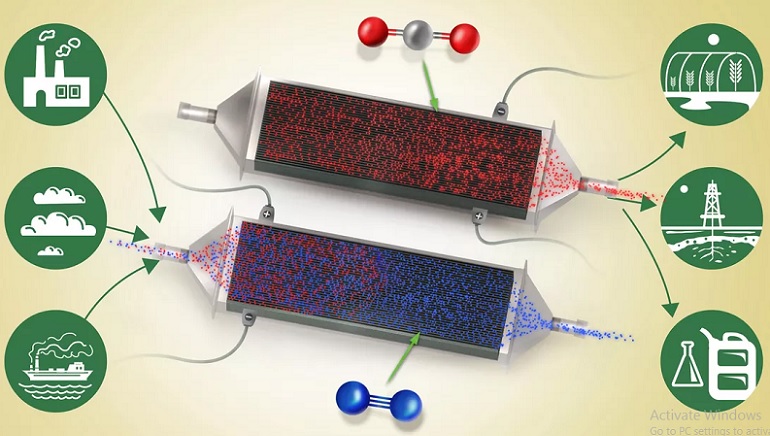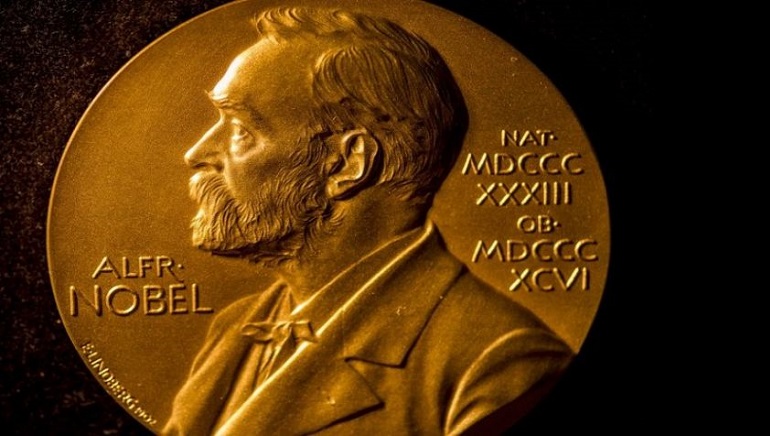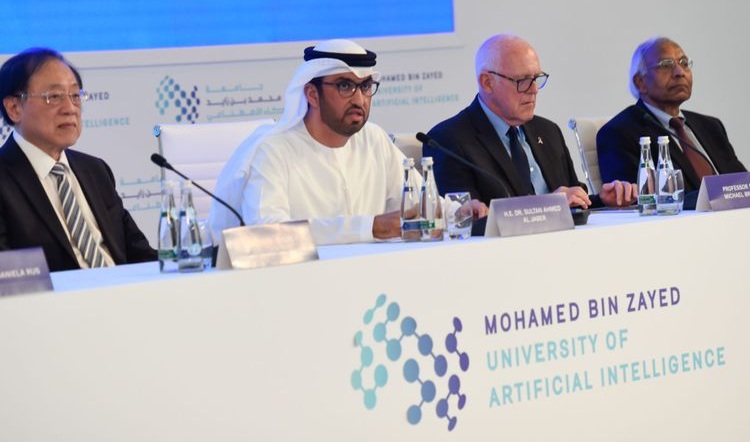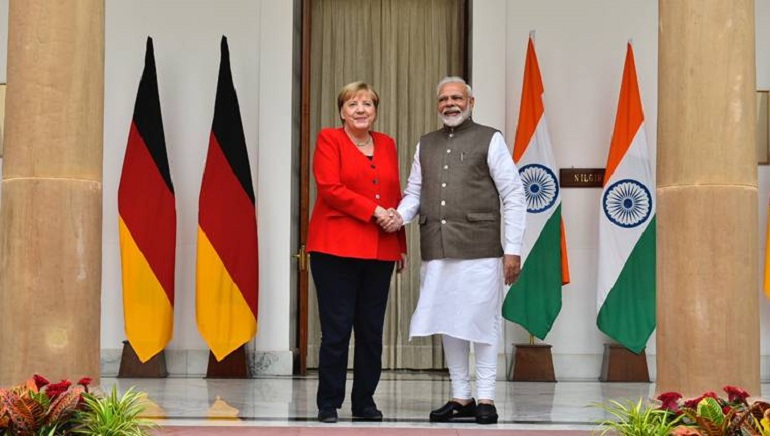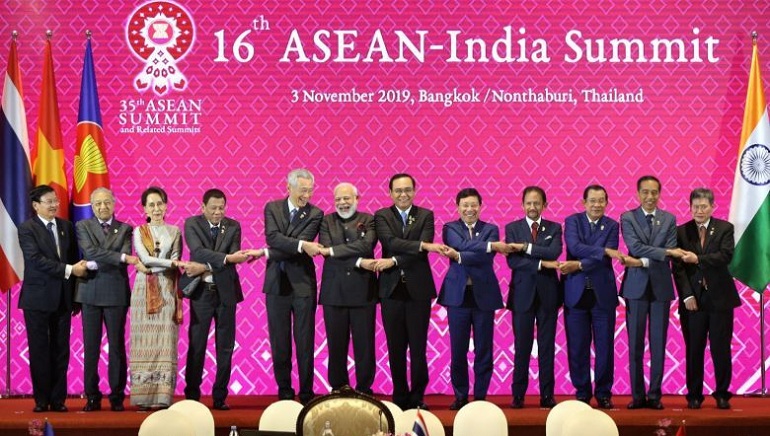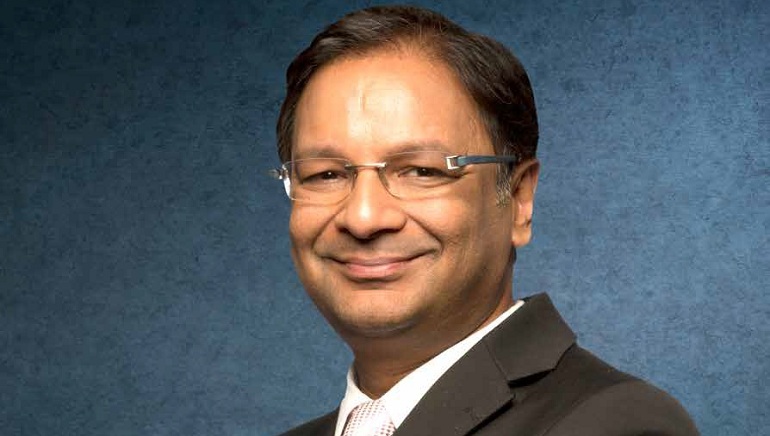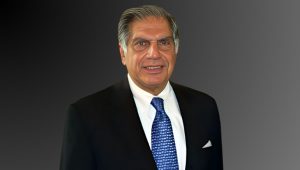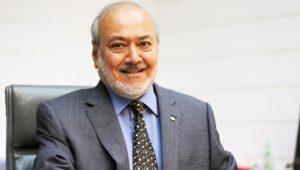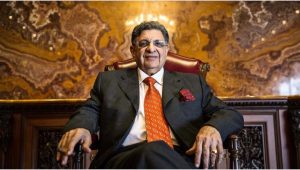Only one person could save it! The man who was instrumental in its birth, who nurtured it, and who in the first place helped it soar to great heights. This man was Ajay Singh!
FIT TO BE A SILVER SCREEN STORY
The dramatization of above facts is not far from truth. Ajay Singh actually saved SpiceJet airlines from a near-death experience by coming back to its rescue as the majority shareholder.
In economic terms, Ajay Singh revived SpiceJet from near bankruptcy, when it didn’t have funds to even refuel its airplanes, which were left stranded at the airports waiting for oil companies to make a move. Ajay Singh had already made his move, and after meeting civil aviation ministry officials at Rajiv Gandhi Bhawan a decision was taken to make part payment on outstanding dues to oil companies. Within an hour, wheels had started rolling at the airports.
The near-bankruptcy stage of SpiceJet wasn’t a one-day event. Flights were regularly being delayed, and also rescheduled at short notice. Employees had not been paid for a long time, and gradually they stopped reporting at airport counters. The customers experienced harrowing experiences one after the other. Word got out.
In December 2014, SpiceJet took a drastic decision and cancelled its more than 1,800 domestic flights scheduled for the month.
THE GOLDEN FLAsHBACK
Known earlier as Modiluft, SpiceJet was one of the first private companies that stepped into the Indian aviation sector. Ajay Singh, along with Bhupendra Kansagra, acquired & rebranded Modiluft owned by S K Modi and Lufthansa in 2005, and launched it as a Low Cost Carrier with the highest consumer value, to price-sensitive consumers.
Ajay Singh’s impeccable management immediately made the airline popular as the best in India in terms of on-time performance and with least cancellations. Its aircraft utilization was also among the highest in India. He made high-level tie-ups with some of the best-known names in the world including Honeywell and Weber Seats to provide highest safety standards to its consumers. Not surprisingly, it was voted India’s Favourite Domestic Airline, Top 5 Best Budget Airline in Asia, Best Low Cost Airline, and much more.
However, in August 2010, Kalanithi Maran – the Indian media baron and CMD of Sun Group – acquired 38.7 percent controlling stake in SpiceJet by paying INR 750 crore to Wilbur Ross and Kansagra family, and Ajay Singh had to quit the board. Soon, profits turned into losses, and strategies into mismanagement. One decision that started the airline’s dive was Maran’s decision to buy 15 Bombardier Q400s aircrafts for $450 million to target its network in smaller towns and cities. However, with the purchase, airline’s debts and expenses flew up and within a year, the debt figure reached INR 855 crore in 2012 from INR 55 crore in 2011. The company’s net worth turned negative from INR 321 crore in 2011 to INR minus 147 crore in 2012. Another year, and the debt figure became INR 1678 crore in 2013.
To improve things, Maran made desperate but unprofitable deals with vendors and service providers, which further deteriorated SpiceJet’s financial condition. The strategy of providing deep discounts to improve frequency of flights also boomeranged. No investor stuck with the company for long. However, the final nail in the coffin is considered by many as Directorate General of Civil Aviation’s decision to impose stringent curbs on airlines’ schemes. With clipped wings, SpiceJet was ready to nosedive and crash, when Ajay Singh made his appearance again as a silver lining in a dark cloud.
TAKE RETAKE
It has been alleged that Singh bought 58.46 percent shares of the airline from Maran by paying Just INR 2; however, Ajay Singh’s return to SpiceJet saved the airline company.
In December 2014, a tentative agreement was signed between Maran and Ajay Singh. He immediately started talking to the government. In January 2015, a formal deal was struck and Ajay Singh reentered the SpiceJet’s space as its Chairman and Managing Director. He immediately got down to the basics.
However, when he met the promoters before the deal, they told him plainly that they intended to shut it down. The reason he convinced them to think otherwise was his great deal of passion in starting it in the first place and his conviction that he could quickly bring it to the same state of profitability as it was in when he left it.
He very well remembered the Kingfisher experience. When on 17th December 2014, SpiceJet shut for a day as fuel companies refused to refuel its airplanes, Ajay Singh knew that the trick was to get back right away. He asserts, “If you shut down for even a few months it is difficult to come back.”
He also remembers the excitement of the early days when he had started in 2005, “We had no money to advertise but we went ahead and started the bookings anyway on May 16. We were down here in the basement of the same building. We switched on the call centre at 4.30 in the morning and the phone started ringing immediately. We thought, ‘how did these people know our number’. There was a press conference at noon. By that time we had sold off all the tickets.”
When he came back to the pilot seat of SpiceJet, he brought his old model of operations back, re-signed contracts, tightened revenue management, and instead of chasing market share – which according to him is an illusion in aviation, as it is not sustainable – brought operational integrity back to a level where he could convince his
customers that the bad phase wouldn’t come again.
Within five months under his operational expertise, SpiceJet’s ontime performance was back, costs were down, he had paid off all statutory dues, and the biggest of all – after five years from 2010 – SpiceJet recorded profit again. In the third quarter of 2016, SpiceJet registered its highest-ever profits of INR 238 crore. Currently, SpiceJet
has about 6,400 employees and a 13% domestic market share.
BEHIND THE SCENES
Ajay Singh was born and brought up in Delhi’s Maharani Bagh area. His father belongs to Alwar, Rajasthan and his mother is from Meerut, UP. During his school time, he was the captain of cricket and hockey teams of St. Columba’s School, and was part of the football team too. Interestingly, Shah Rukh Khan was a year junior and was the wicketkeeper in his cricket team. He was awarded the Sword of Honour, the school’s highest award, presented to the student who excels in academics as well as sports and cocurricular activities.
An engineering graduate from IIT Delhi, an MBA Finance from Cornell University, USA, and LLB from Law Faculty, University of Delhi, he was appointed to the Board of Delhi Transport Corporation (DTC) in 1996 with the task of reviving the corporation. Under his guidance, the fleet of buses in DTC increased from about 300 to 6,000.
Two years later, he was given the responsibility of revamping Doordarshan by the then Information & Broadcasting Minister Pramod Mahajan. He launched DD Sports and DD News. Mahajan was so impressed with his capabilities that he took him along as Officer on Special Duty to the then Ministry of Telecommunications and Information Technology, where he helped draft the National Telecom Policy and the Information Technology Act.
In between 2005 and now when he bought and sold SpiceJet to and from Kalanithi Maran – from 2010 to 2014 – he bought Daewoo Motors India Ltd., invested as an angel investor in a nanotechnology company in Bangalore and an IT company in Mumbai, invested in real estate, and is in a public private partnership with the Delhi Government for operating low-floor buses.
He has also taken active interest in BJP’s election campaigns in 1999, 2004 and 2014. He is credited to have given BJP’s winning slogan in 2014: “Abki baar Modi sarkar”. He was recently elected as the President of the Boxing Federation of India.





